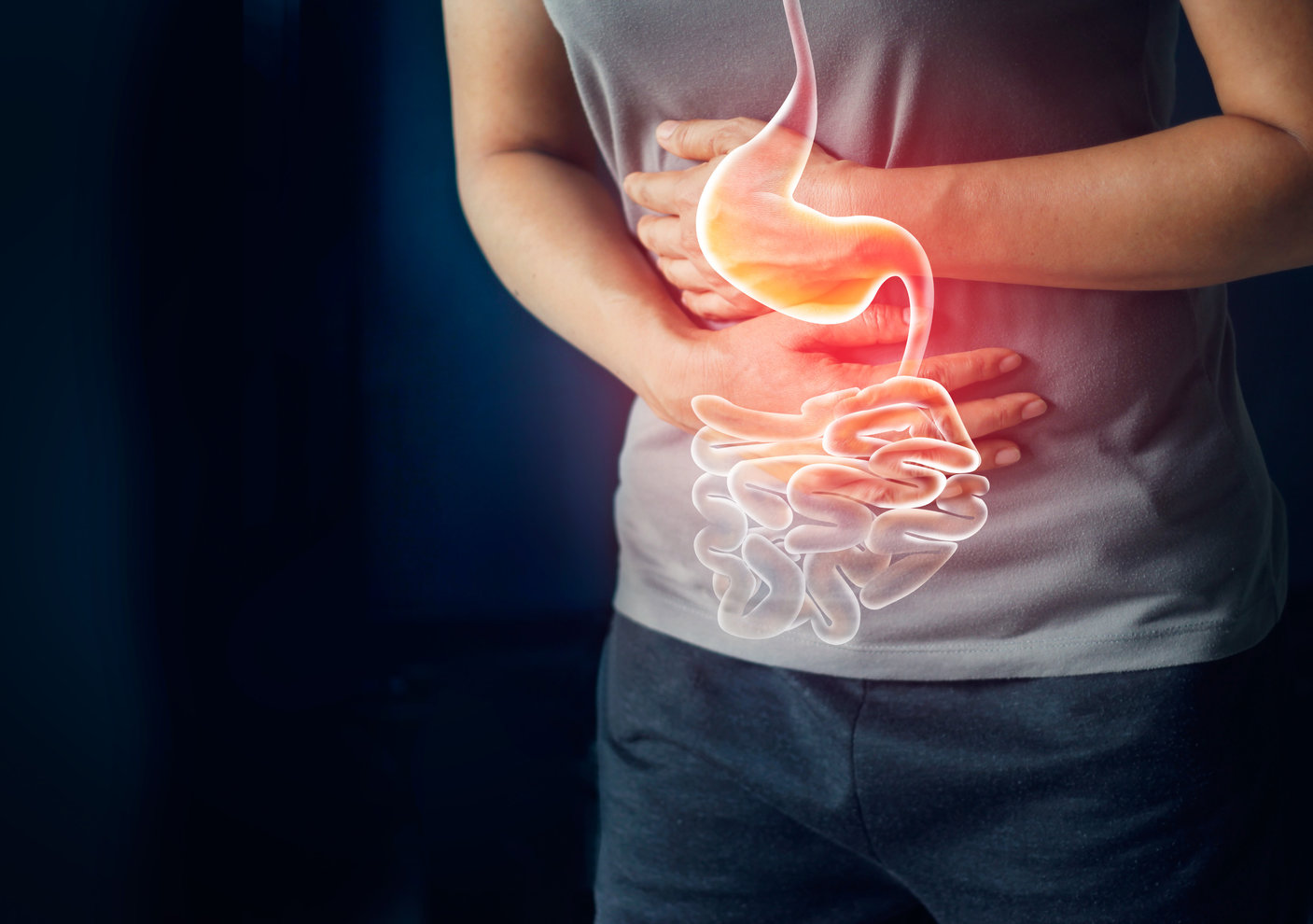
Gastritis can be referred to as a group of conditions that are all related to the stomach inflammation. It is an irritation or erosion caused to the protective lining of the stomach due to the acid produced. It can occur in two ways, which are acute and chronic. Acute gastritis involves severe and sudden inflammation which lasts only for a week or two. On the other hand, the chronic is the one in which the stomach inflammation does not subside for a period of one year. The inflammation of the lining of the stomach occurs due to the Hpylori bacteria. Its effect can cause gastritis varying from mild to severe gastritis.
What causes Gastritis?
There are a lot of reasons which can cause gastritis but one of the main reasons is the bacterium Helicobacter Pylori. It is a gastrointestinal bacterium that causes gastritis. The Hpylori is a gram-negative organism that can survive in acidic conditions. It causes an increase in the production of gastric acid which then infects the lining of the stomach. This infection causes stomach inflammation and can be contagious. It can be transmitted through contaminated water and food.
Other than this, there are few medications that can cause gastritis.
- Non-steroidal anti-inflammatory drugs such as Advil, Naproxen, and Ibuprofen
- Aspirin is also one of the reasons as most of the medicines contain it
- Potassium Supplements
- Iron tablets
- Cancer chemotherapy medication
- Steroids
Infections and Diseases
- Syphilis
- Bacterial Infection
- Viral infection
- Fungal infection
- Tuberculosis
- Chronic irritation to the stomach lining
Medical and surgical conditions
- Autoimmune diseases
- After the radiotherapy for treatment of cancer
- Removal of a part of the stomach
- People who are ill or injured can develop gastritis
- After the endoscopy sessions
Other Causes
- Smoking
- Caffeine
- Regular and extreme alcohol consumption
- Stress
- Cocaine use
- Tobacco
- Eosinophilic gastroenteritis is also a reason for gastritis. It occurs due to the eosinophilic infiltration in the stomach wall.
- Autoimmune gastritis is usually found in people with autoimmune disorders. In this, the body attacks the cells which line the stomach.
- Bile reflux gastritis is a post-gastrectomy which leads to stomach pain, weight loss, and bile.
- Digestive diseases like Crohn’s Disease
Signs & Symptoms of Gastritis
The gastritis symptoms do not always relate to the amount of physical changes that occur in the lining of the stomach. The most common symptoms in people with gastritis are pain or discomfort in the upper part of the abdomen.
- The gastritis pain occurs in the left portion of the upper abdomen and in the back. It is said that the pain passes right through the stomach and reaches the back.
- Some people also describe a gnawing, burning, aching, or soreness for describing the pain. The discomfort present during gastritis feels like sharp, stabbing or crushing.
Some other symptoms of Gastritis are:
- Bloating
- Belching which usually relieves the pain for a very short period of time
- A patient suffers from vomiting which can be yellow, green, or clear. It can also contain blood which depends on the extent of stomach inflammation.
- Fullness and stiffness in the upper portion of the belly
- Severe chest pain
- Short breath
- Pallor and sweating
- Dark-coloured bloody stools
Types of Gastritis
We all know that gastritis occurs due to the erosion of the protective lining of the stomach. The digestive juices can destroy the walls of the stomach. Below we have mentioned two main types of gastritis.
- Non-erosive Gastritis
This involves only the physical changes in the stomach lining.
- Erosive Gastritis
It is a serious condition and includes both inflammation and progressive damage to the stomach lining. The main example of this is the acute stress gastritis, which occurs due to a critical illness. It has quick onset, but can be longer than chronic gastritis.
Diagnosis of Gastritis
Once you visit the gastro specialist, he/she will very first perform a physical exam by asking the gastritis symptoms and enquire about any family history. They also recommend doing the blood, stool or breathe test for the detection of the Hpylori. Then, next perform the endoscopy for checking the stomach inflammation. In this procedure, a long tube with a camera lens at its tip is inserted into the stomach through the oesophagus. The doctor then will take a small sample for the biopsy. The doctor can also take X-rays of the digestive system. But before this the patient is asked to drink a barium solution which will help in distinguishing the parts.
Treatment
The gastritis treatment totally depends on what is the condition of the patient. If anyone has gastritis which is caused by NSAIDs, then the treatment is different. An antibiotic is necessary for the proper treatment of this disease because of the inclusion of the Hpylori bacterium.
Apart from this, there are many other medications involved in gastritis treatment.
Acid-reducing medicines
The medications which lower the amount of acid in your stomach are famotidine and ranitidine. They reduce the amount of acid which is released in digestive tract. These drugs alleviate gastritis pain and help the lining of the stomach to heal.
Antacids
They help in neutralizing the acidity in your stomach but can also cause diarrhoea or constipation.
Proton Pump Inhibitors
Omeprazole, Esomeprazole, and Lansoprazole are the best proton pump inhibitors that work by blocking the cells which release the acid into the stomach.
